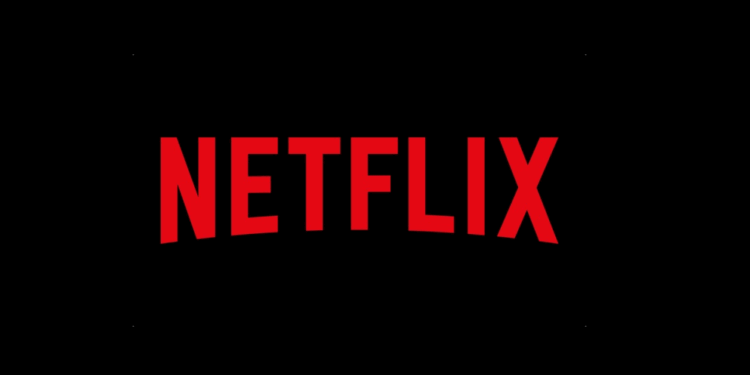Netflix has announced the use of generative artificial intelligence (AI) for visual effects in one of its original TV shows for the first time. Co-CEO Ted Sarandos revealed that AI was utilized to create a scene depicting a building collapse in the Argentine science fiction series, The Eternauts.
Sarandos noted that the technology enabled the production team to complete sequences more quickly and at a lower cost. However, the use of generative AI has sparked controversy in the entertainment industry, with concerns about creating content using others’ work without consent and fears of replacing human jobs.
His comments came as Netflix reported a 16% increase in revenue, reaching $11 billion (£8.25 billion) for the three months ending in June, compared to the same period last year. Profits surged from $2.1 billion to $3.1 billion, driven by the success of the final season of Squid Game, which attracted 122 million views.
Regarding AI, Sarandos explained that the technology allows productions with smaller budgets to utilize advanced visual effects. The generative AI used in The Eternauts enabled the team to complete the building collapse sequence ten times faster than traditional special effects methods. He stated, “The cost of it wouldn’t have been feasible for a show with that budget. This sequence marks the very first use of generative AI final footage in a Netflix original series or film, and the creators were thrilled with the result.”
ICYMI: 5 Essential shoes every man should have in his wardrobe
AI was a significant concern during the Hollywood strike in 2023, with the Screen Actors Guild–American Federation of Television and Radio Artists calling for tighter regulations on AI usage. Critics argue that AI’s role in filmmaking degrades the craft. In 2024, filmmaker Tyler Perry paused plans for an $800 million studio expansion in Atlanta due to concerns about AI’s impact on jobs.
Davier Yoon, co-founder of Singapore’s CraveFX animation studio, said Netflix’s adoption of generative AI is not surprising as more studios embrace the technology. He emphasized that generative AI complements the digital tools available to visual effects artists, allowing smaller studios to achieve high-quality visuals. “Ultimately, it is the artist who decides what is in the final image, not AI,” he added.
SOURCE: BBC



























